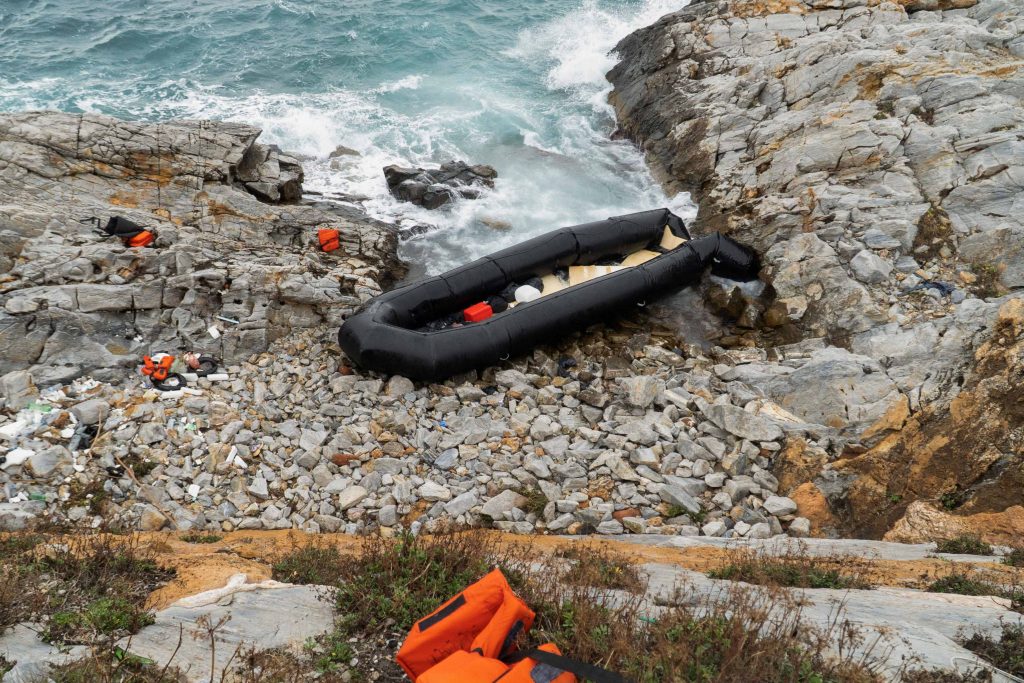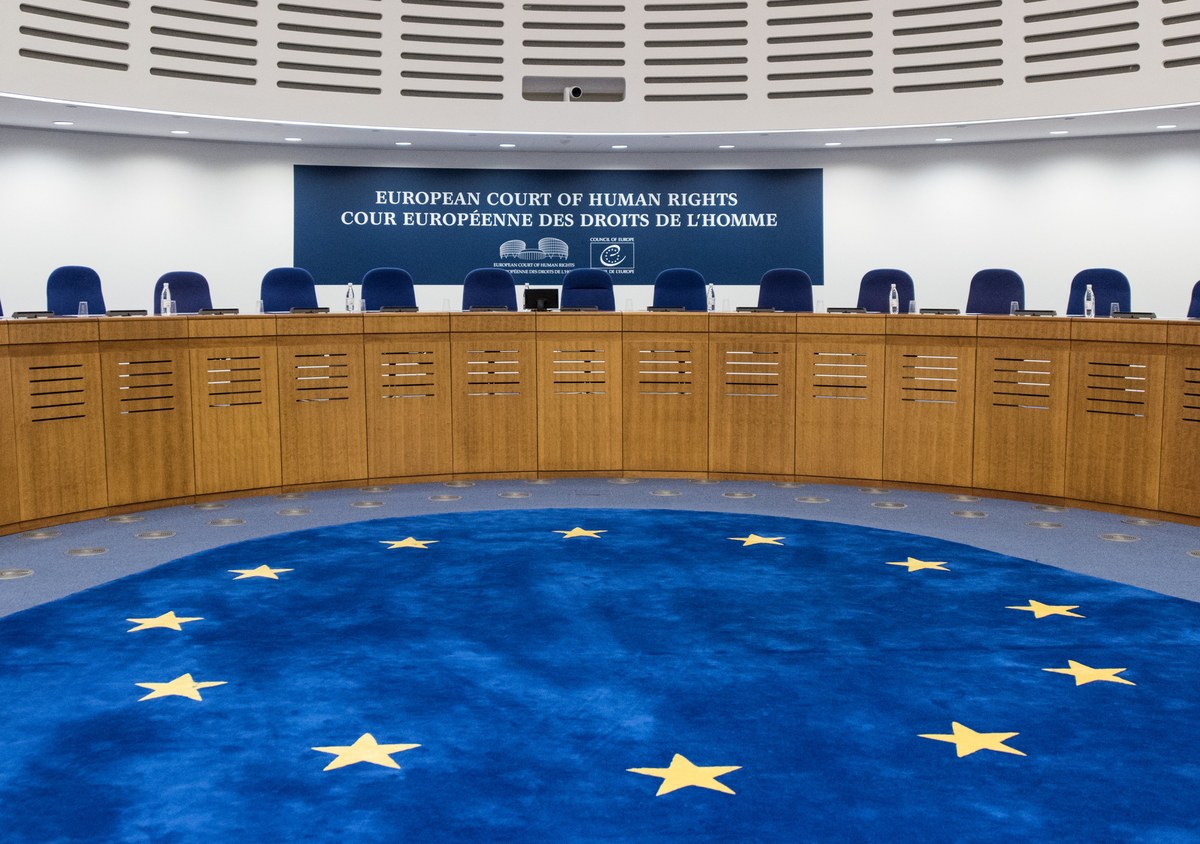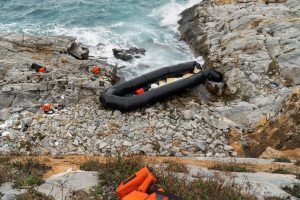The European Court of Human Rights (ECHR) condemned Greece for two violations under EU Law regarding a 2014 incident near the island of Pserimos which involved the interception by a Hellenic Coast Guard vessel of a motorboat carrying illegal migrants in Greek waters resulting in the serious gunshot injury of a Syrian national on board.
The Court ruled that Greece was obligated to pay the applicants – three Syrian nationals – €80,000 in respect of non-pecuniary damage (things that have no clear monetary value that have been damaged by the defendant. These include mental anguish and pain and suffering.)
The ruling was unanimous and as the ECHR press release noted it was based on the violation by the Greek state of:
Article 2 (right to life) of the European Convention on Human Rights under its procedural head, and Article 2 (right to life) of the European Convention on Human Rights under its substantive head.
Judgment Alkhatib and Others v. Greece – Use of force not absolutely necessary within the meaning of Article 2 of the Conventionhttps://t.co/0MSqaDZB3D#ECHR #CEDH #ECHRpress pic.twitter.com/CPMr7iewfq
— ECHR CEDH (@ECHR_CEDH) January 16, 2024
The case concerned a serious gunshot wound sustained by a member of the applicants’ family on 22 September 2014 near the island of Pserimos, located between Kos and Kalymnos, when a vessel was intercepted transporting people illegally to Greece.
The reasoning behind the decision was that Greek authorities had failed to conduct a thorough investigation into the case which had led to the loss of evidence thus affecting the reliability of the procedure.
In addition, as the ruling underlines, it was “impossible to determine whether or not the use of potentially fatal force was justified in the particular circumstances of the case.”
The ECHR said Greece had also failed to comply with its “obligation to introduce an adequate legislative framework governing the use of potentially lethal force in the area of maritime surveillance operations.”
The decision said the coastguards monitoring the boat did not exercise the necessary care to minimize potential risk to the life of the passengers on board, using “excessive force in the context of unclear regulations on the use of firearms.” The Court considered that the Government had not demonstrated that the use of force had been “absolutely necessary within the meaning of paragraph 2 of Article 2 of the Convention.”
The case, which was brought to court by the family of one of the passengers who sustained a serious gunshot injury to the head, went through the Greek legal system before reaching the ECHR after the complainants, three Syrian nationals (Mr Douaa Alkhatib, Mr Nourredin Tello and Mr Lana Tello) in their application lodged in 2015 claimed the force used by Greek coastguard officers was not warranted.
The Court considered that although the injury in question had not immediately led to the death of the applicants’ relative (he died in a hospital in Sweden in 2015) on the day of the incident, it had resulted in a serious medical condition which, in all likelihood, had ultimately caused his death.









